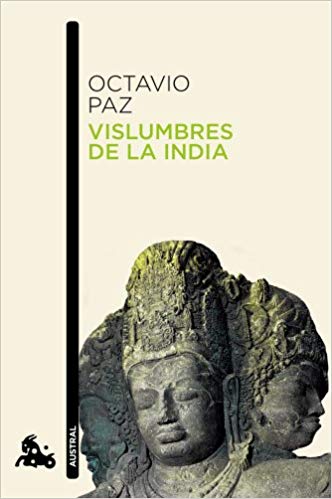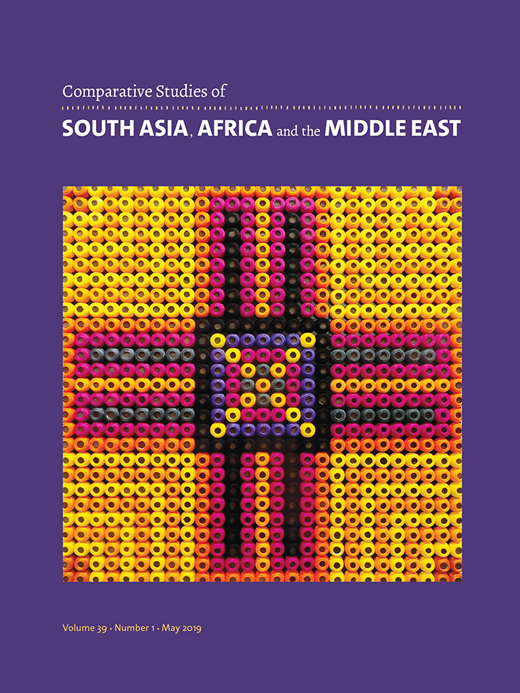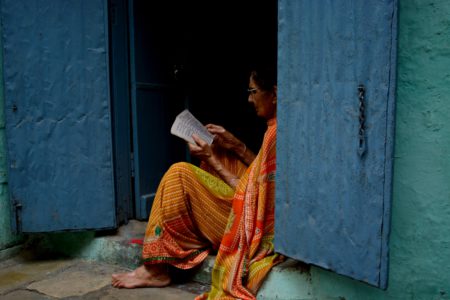Literary Criticism
Challenging the biases of current discussions on World Literature and shifting the focus from a single center to multiple, entangled literary histories necessitates a study of literary criticism itself. For each region, we ask where ideas of what constitutes “good” literature and even literature itself comes from, and if multiple formal and generic norms exist or overlap within the same space.
We search for responses to impactful concepts such as “refinement” or “modernity” and consider the possibility that textual production may exist which rejects or ignores these concepts even in regions where they had considerable reception. Other avenues we explore include canon formation, tools of recognition—from prizes and panels to court patronage-—and literary history. Finally, we notice that much of the secondary criticism and literary theory that underpins academic discourses on World Literature is overwhelmingly European and American. We hope to bring to your attention to literary criticism and theory on World Literature written in non-European languages by scholars from our various regions. In this effort, we have commissioned the translation of numerous essays related to World Literature written in Urdu into English. We worked closely with the Pakistan Academy of Letters to compile and curate this list.
A Case of Exploding Markets: Latin American and South Asian Literary “Booms” in a Comparative Perspective
This excerpt is taken from an interview with Professor Kantor and Dr Fatima Burney about Kantor's upcoming book Even If You Gain the World: The Rise of South Asian Literature in Light of Latin America.
MULOSIGE’s Special Issue: Comparative Studies of South Asia, Africa and the Middle East.
Explore MULOSIGE's Special Issue of Comparative Studies of South Asia, Africa and the Middle East.
MULOSIGE Reading List: World Literature and Planetary Catastrophe
Dr Florian Mussgnug (UCL) provides a reading list on World Literature and Planetary Catastrophe.
“Reading together” in multilingual contexts beyond monolingual methodologies
The conference programme for "Reading Together" in Multilingual Contexts Beyond Monolingual Methodologies, to be held in Università degli Studi di Napoli L’Orientale, Naples 11-12 April 2019.
Postcolonial Print Cultures Conference Report
The Postcolonial Print Cultures Conference was convened at SOAS University of London on the 11-12th January 2019. The methodological conditions behind the conference are to consider the historical moment of the Cold War in ways other than by splitting the world into two spheres.
Postcolonial Print Cultures Conference: “How do we stop being somebody else’s image?”
Laetitia Zecchini discusses the politics of literary translation and publication, particularly surrounding the journal Quest funded by the International Council for Cultural Freedom, itself backed by the CIA. She examined the editor Nissim Ezekiel’s own positions and motivations, noting that for him Quest’s purpose was the create the conditions in which the magazine would provide the freedom to debate, argue, and hold different theoretical positions, creating a space of cultural independence which could in turn realise political independence.







